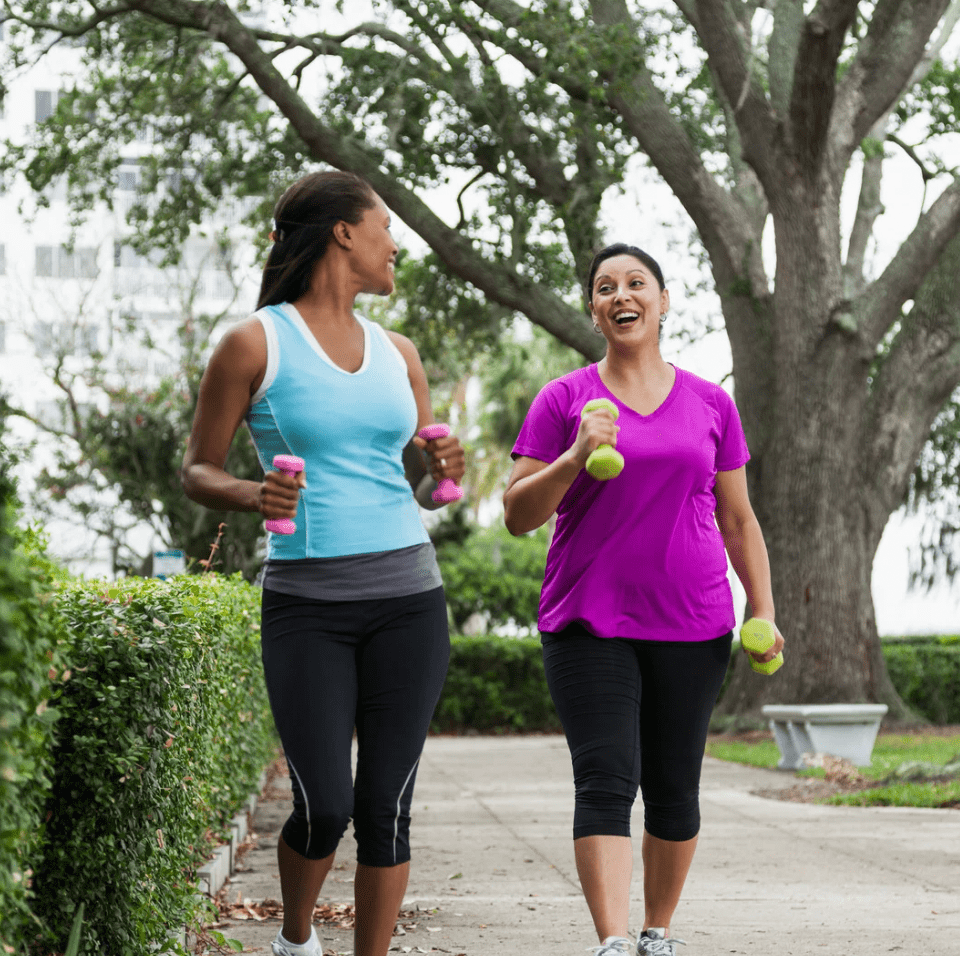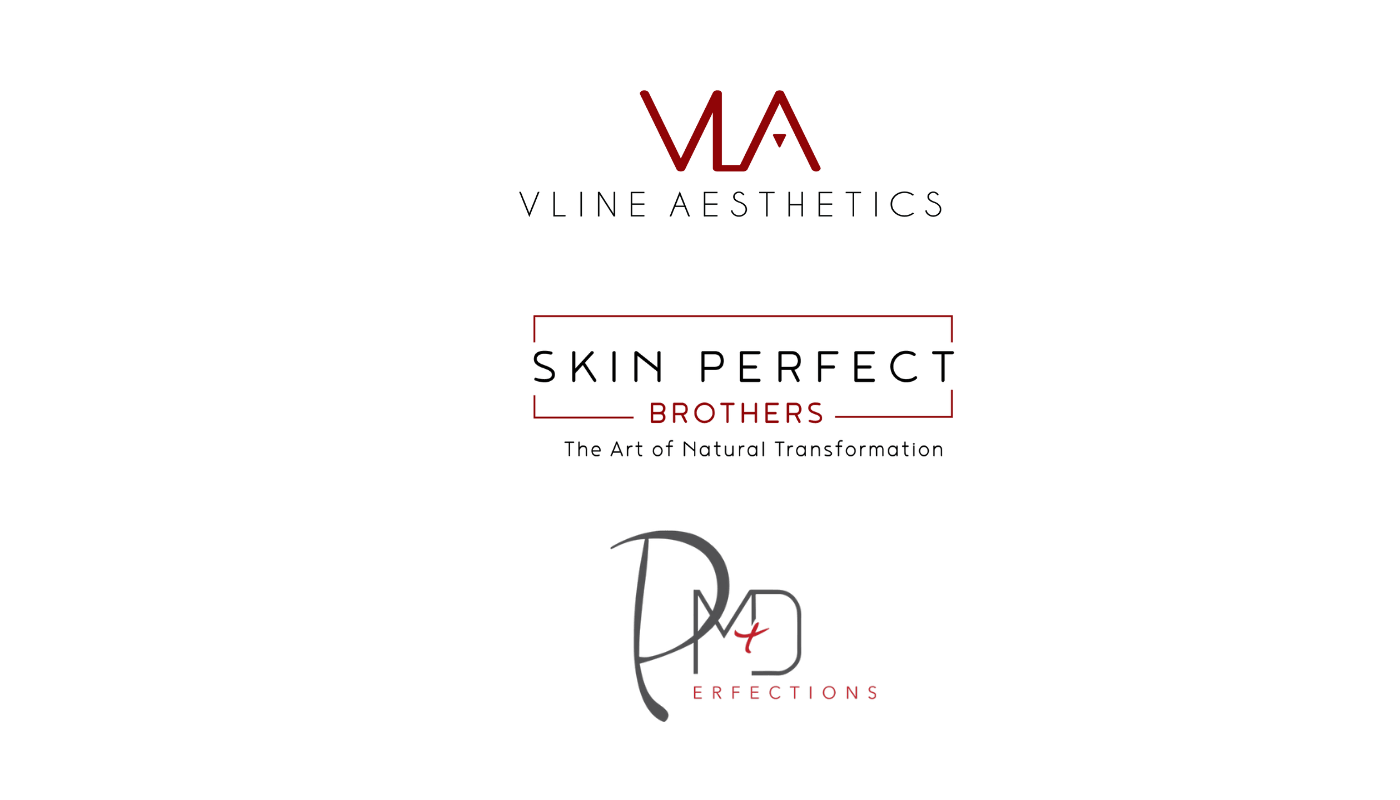Wellness And Regenerative Aesthetics

1. Control Stress
2. Eat Lots of Protein
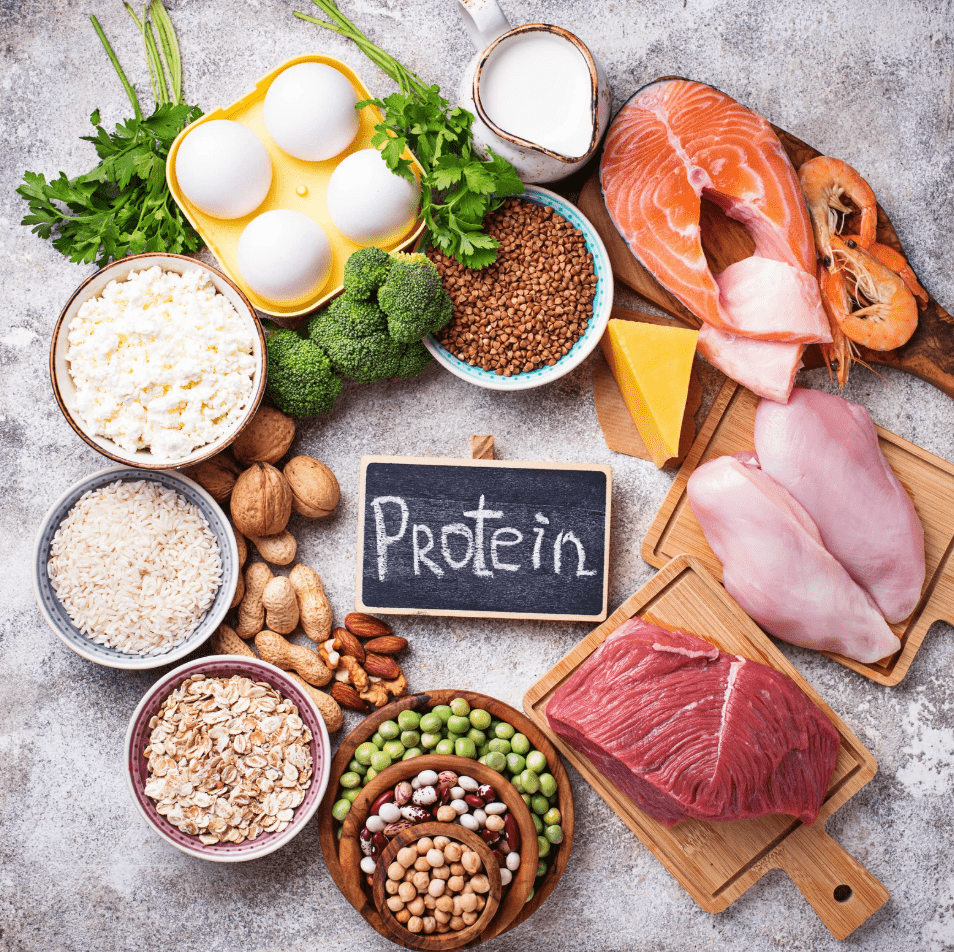
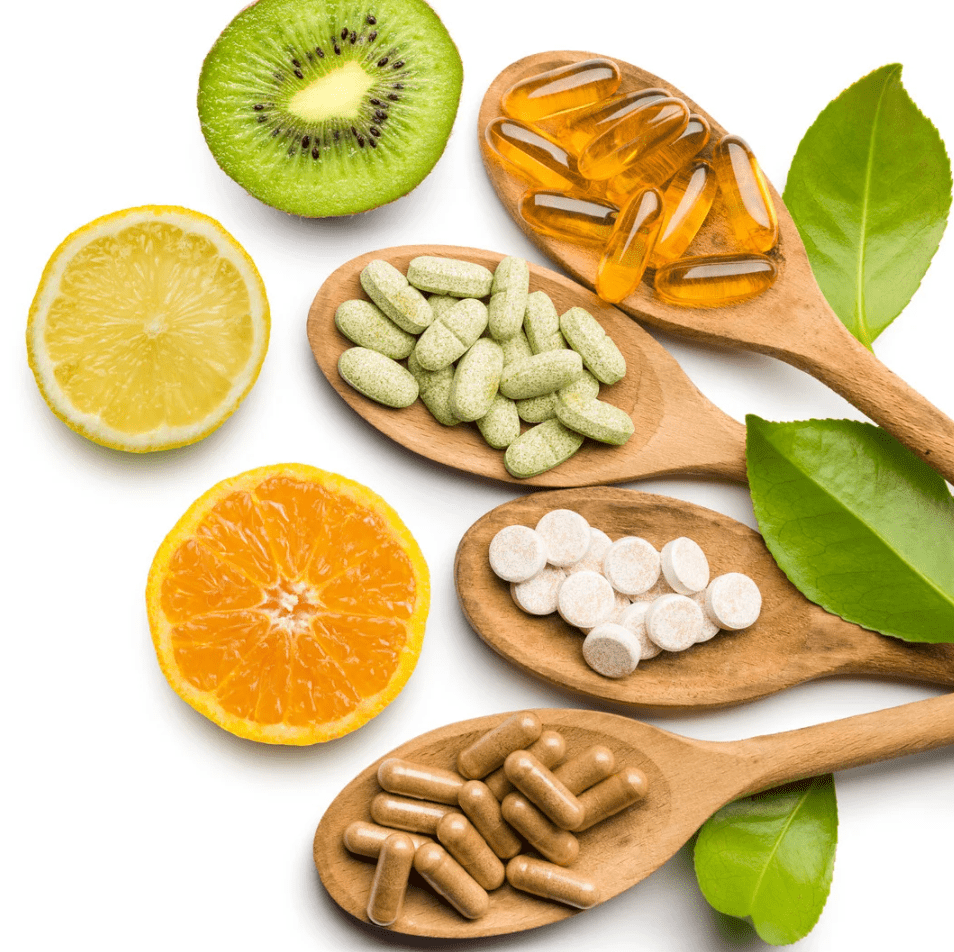
3. Take Vitamins
4. Detox Once a Week by Fasting


5. Sleep Well (Decreases Inflammation)
6. Avoid Sweet and Refined Processed Foods


7. No Alcohol (If Possible)
8. Feed Good Food to Your Gut Microbiome
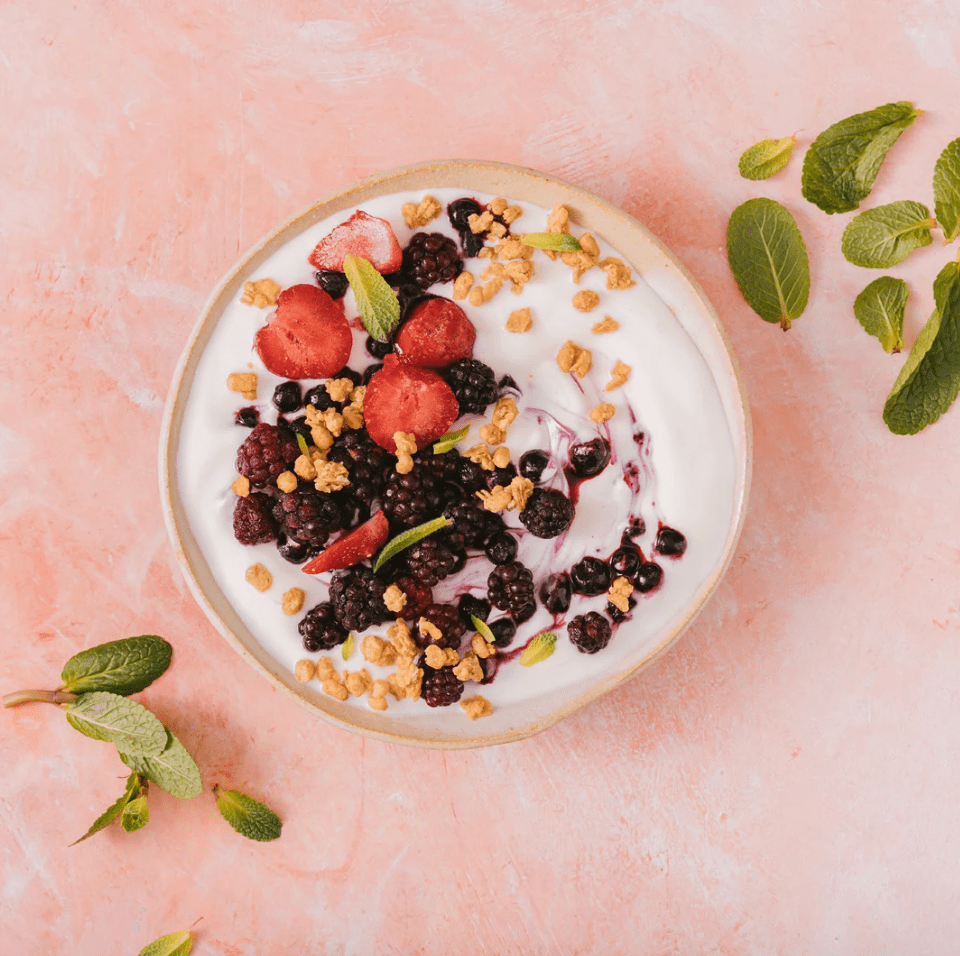
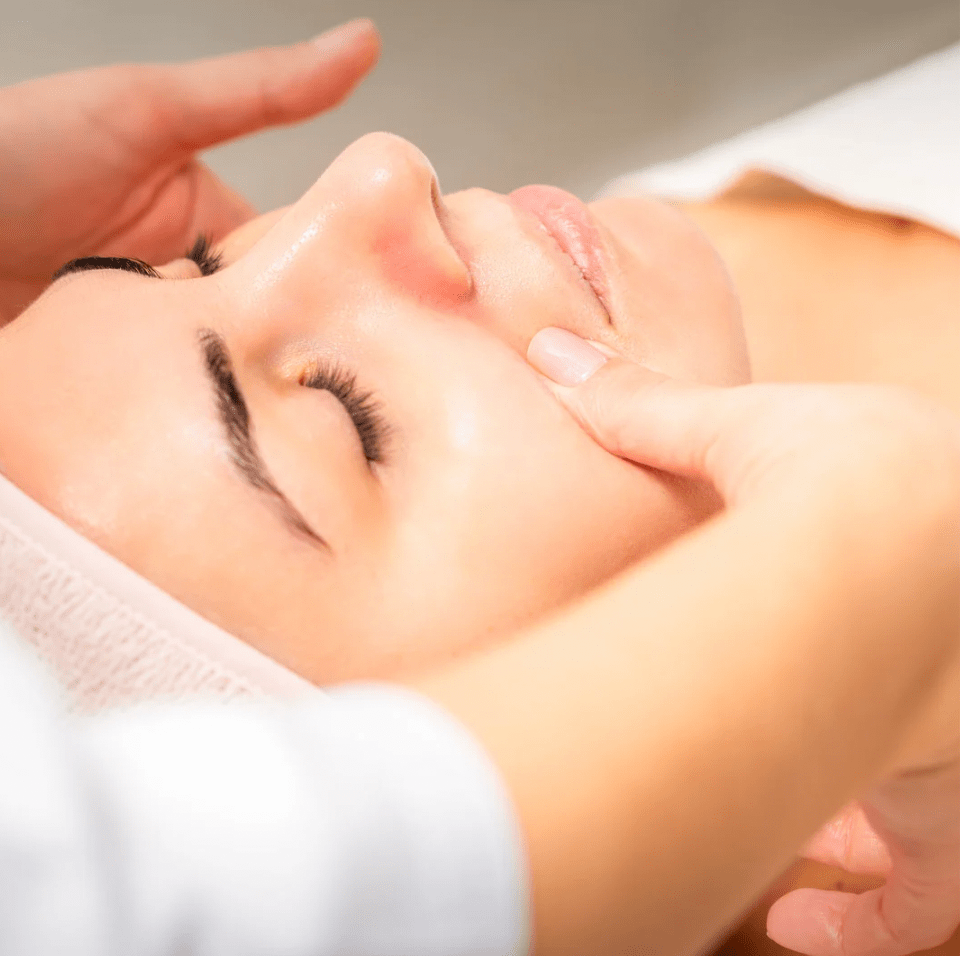
9. Get Regular Lymphatic Drainage Facials or Massage Face to Detox at Home
10. Use Good Home Care Products
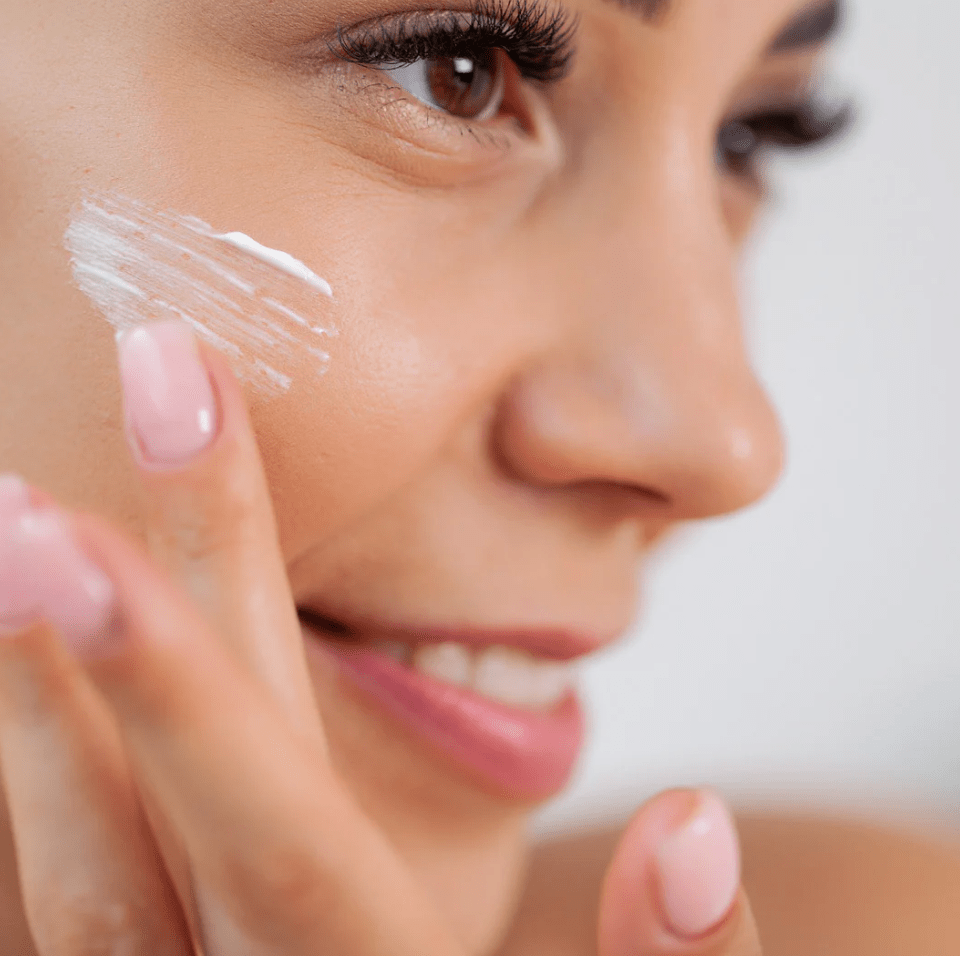

11. Meditate to Control Mind Wandering and Stop Rumination
12. Regular Exercise (Decreases Inflammation)
